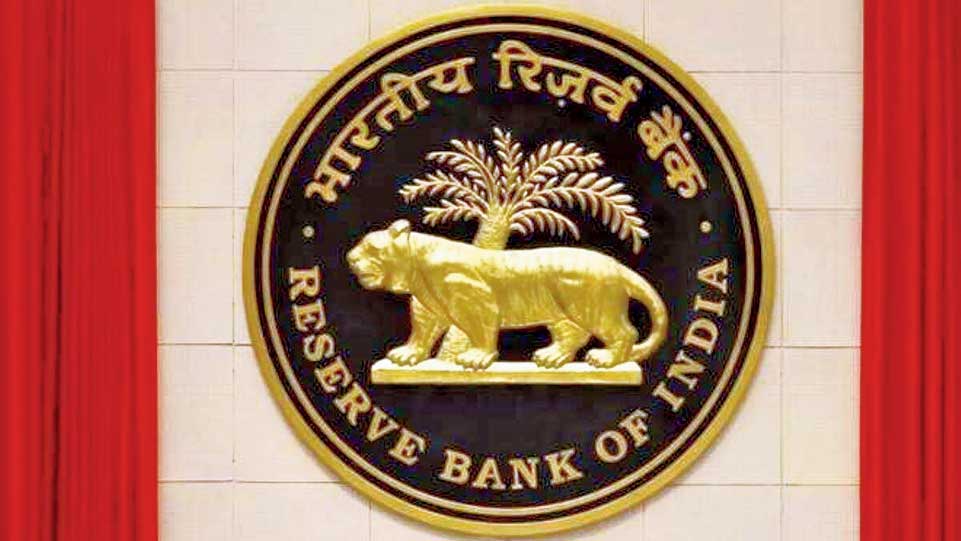The Reserve Bank on Thursday said a centralised portal will be developed to access details of unclaimed deposits by depositors or their beneficiaries across various banks.
About Rs 35,000 crore unclaimed deposits as of February 2023 were transferred to RBI by public sector banks (PSBs) in respect of deposits which were not operated for 10 years or more.
"In order to improve and widen the access of depositors/beneficiaries to such data, RBI has decided to develop a web portal to enable search across multiple banks for possible unclaimed deposits based on user inputs," RBI Governor Shaktikanta Das said while announcing the first bi-monthly monetary policy for current financial year.
The search results will be enhanced by use of certain AI tools, he said.
State Bank of India (SBI) tops the chart of unclaimed deposits worth Rs 8,086 crore followed by Punjab National Bank Rs 5,340 crore, Canara Bank Rs 4,558 crore and Bank of Baroda Rs 3,904 crore.
The deposits remaining unclaimed for 10 years in a bank are transferred to the 'Depositor Education and Awareness' (DEA) Fund maintained by the Reserve Bank of India (RBI).
Depositors’ protection being an overarching objective, RBI has been taking various measures to ensure that newer deposits do not turn unclaimed and existing unclaimed deposits are returned to the rightful owners or beneficiaries after following due procedure, he said.
On the second aspect, he said, banks display the list of unclaimed deposits on their websites.
With the increase in customer complaints regarding credit information reporting and the functioning of credit information companies (CICs), Das said, it has been decided to put in place a comprehensive framework for strengthening and improving the efficacy of the grievance redressal mechanism and customer service provided by credit institutions (CIs) and CICs.
For this purpose, he said, CICs have been brought under the aegis of the Reserve Bank Integrated Ombudsman Scheme (RB-IOS).
In addition, he said, it is also proposed to put in place a compensation mechanism for delayed updation/rectification of credit information; a provision for SMS/ email alerts to customers when their credit information are accessed from CICs; a timeframe for ingestion of data received by CICs from CIs; and disclosures relating to number and nature of customer complaints received on the website of CICs.
Detailed guidelines in this regard would be issued shortly, he said.
Various entities are required to obtain licence/authorization to carry out activities regulated by RBI.
Further, regulated entities are required to seek certain regulatory approvals from RBI under various statutes/regulations periodically.
Currently, the application and approval processes for the same take place in varied on-line and off-line modes.
The Union Budget for 2023-24 announced the need to simplify, ease and reduce cost of compliance by financial sector regulators within laid down time limits to decide the applications under various regulations, he said.
"It has, therefore, been decided to develop a secured web-based centralised portal named as ‘PRAVAAH’ (Platform for Regulatory Application, Validation And AutHorisation) which will gradually extend to all types of applications made to RBI across all functions," he said.
Banks in India which operate International Financial Services Centre (IFSC) Banking Units (IBUs) were permitted to transact in INR non-deliverable foreign exchange derivative contracts (NDDCs) with non-residents and with each other with effect from June 1, 2020.
With a view to developing the onshore INR NDDC and to provide residents with the flexibility to efficiently design their hedging programmes, it has been decided to permit banks with IBUs to offer INR NDDCs to resident users in the onshore market, he said.
"These banks will have the flexibility of settling their NDDC transactions with non-residents and with each other in foreign currency or in INR while transactions with residents will be mandatorily settled in INR. Related directions are being issued separately," he said.
Except for the headline, this story has not been edited by The Telegraph Online staff and has been published from a syndicated feed.










